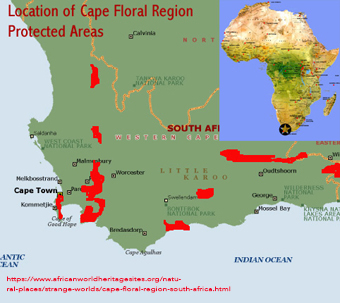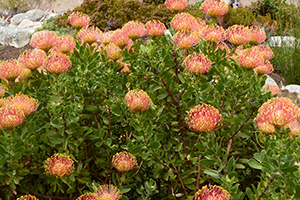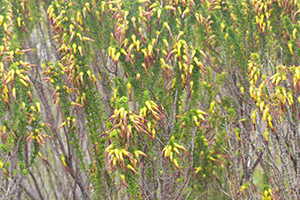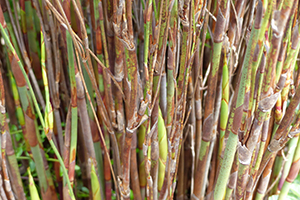- Travel Navigator
- Current Tours
- Women's Tours
- Exotic Travel
- Special Group Tours
- Image Gallery
- Cape Town Flora
- Savuti Camp, Botswana
- Tubu Tree Camp, Botswana
- Chitabe Lediba, Botswana
- Jack's Camp, Botswana
- Ruckomechi, Zimbabwe
- 2015 Ecuador-Napo Jungle
- 2014 Mandrare, Madagascar
- 2014 Manafiafy, Madagascar
- 2014 Andisibe, Madagascar
- 2014 Masaola, Madagascar
- 2013 Galapagos Tour
- 2012 Primates Primer, Uganda
- 2010 Women's Walking Tour, Kenya
- 2009 Amazon Botanical Tour
- 2009 SE Asia Tour
- 2009 Buenos Aires Art Tour
- 2008 South Africa & Madagascar
- Macchu Picchu, Peru
- Past Trip Archive
- 2014 Textiles Tour of Burma
- 2013 Karisia, Kenya Women’s Walking Safari
- 2013 Textiles Tour of Burma
- 2013 NTBG - Southern India
- Northern India Textiles Tour 2011
- Visual Arts Tour of Buenos Aires 2009
- NTBG Amazon 2009
- Womens Tour of South East Asia 2009
- NTBG Madagascar & South Africa 2008
- Women's Baja Adventure 2007
- Cultures and Arts of South India 2007
- NTBG Myanmar & Thailand Tour 2004
- Women's Tibet Trek 2004
- NTBG Bhutan Tour 2002
- Cantores France Tour 2002
- Women's Tibet & Nepal Adventure 2000
- About Us
- Contact
Terra Nova Travel
Professional trip designing for the inquisitive, independent and intrepid
Cape Town and the Cape Flora Kingdom
Cape Town has recently hit the international news BIG TIME...
Zeitz MOCCA, their new modern African art museum, has been widely overshadowed by the other top news story- an historic drought with the possibility of "DAY ZERO"
 On the eve of the Nov 2016 US presidential election, I arrived in Cape Town, after spending nearly two weeks in Zimbabwe and Botswana.
On the eve of the Nov 2016 US presidential election, I arrived in Cape Town, after spending nearly two weeks in Zimbabwe and Botswana.
I was immediately struck at how closely the Capetonians were following our election and felt I was back in the center of our three ring circus. Fortunately a full touring agenda helped me refocus on the task at hand, rediscovering the Cape Town and the Capelands. Cape Town and its environs are rich in history, natural beauty and a cutting edge restaurant scene, but my major interest was to explore the region which is home to one of the most diverse plant kingdoms on earth. The Western Cape boasts over 9000 unique plant species with its major biome known as fynbos or fine leaved plants . The Merriam-Webster defines fynbos biome and its flora as,
a biome of southern coastal South Africa characterized by a diverse richness of endemic plant species (as of the heath, protea, composite, iris, and lily families), by soil that is acidic and nutrient-poor, and by a climate marked by cold wet winters and hot dry summers; also : the type of vegetation characteristic of this biome
By November, late spring, the wildflower display had given way to the blooming protea, pelagorium, ice plant and watsonia. As my Grootbos Lodge botanical guide described it, there are three main ingredients in the fynbos cake- the proteas, ericas and restios. I was fortunately able to view all three family groups in the wild as well as at Kirstenbosch Botantical Garden.
 |
 |
 |
Proteas |
Ericas |
Restios |
Kirstenbosch is the perfect place to commence one’s introduction to the Capeland’s flora. This internationally acclaimed botanical garden has vast meandering trails and abundant plant plaques for easy identification with both the common and Latin botanical names. After a visit to Kirstenbosch, one is then prepared to venture into South Africa’s or for that matter, the continent’s very tip, the Cape of Good Hope. This region abounds in the native pelagorium which is a favorite summer annual plant in Pacific Northwest Gardens, but here carpets the hillsides and cascades over the cliffs bordering the chilly Indian Ocean. The protea that is available only in florist shops throughout most of the rest of the world grows prolifically here as a large flowering shrub. The most primoridal , the restios (reed like plants) are members of the Restionaceae or the Cape Reed Family. The restios have found their way into some US gardens, but they have yet to become the parterre staples of the geranium, hot poker and gerbera that grace many US gardens..
On the verge of the rainy season, Capelands‘ flora will rejoice its arrival along with all creatures great and small. I invite you to view my little slideshow of the glories of spring.
Enjoy the slideshow.










_tmb.jpg)


















































